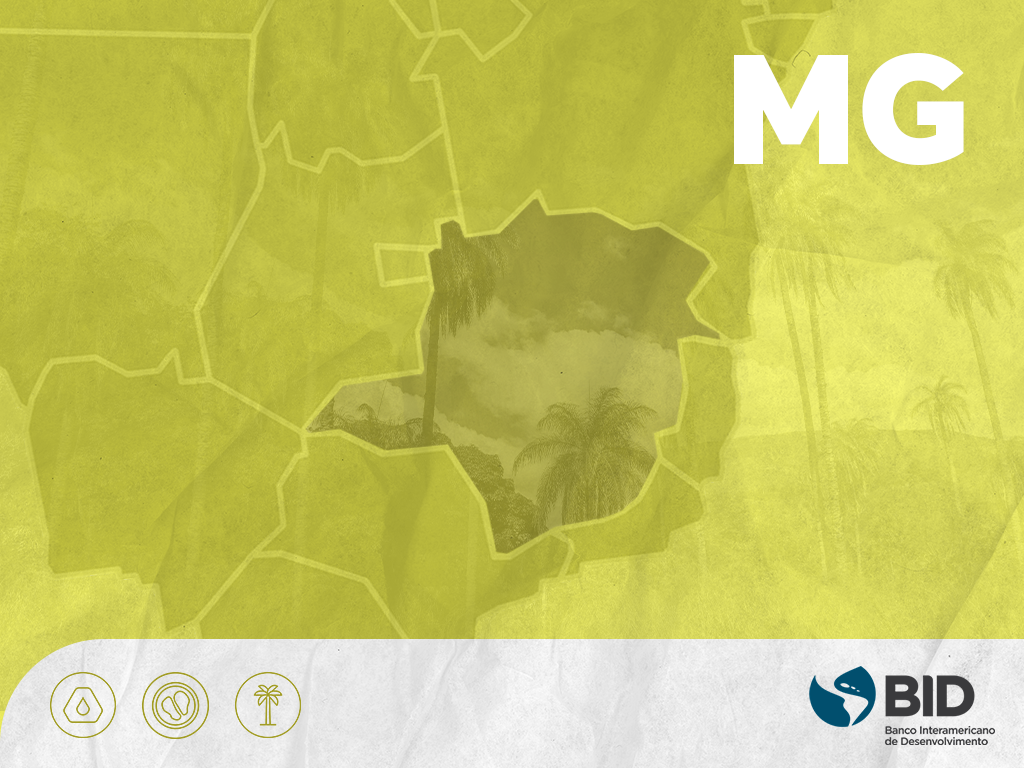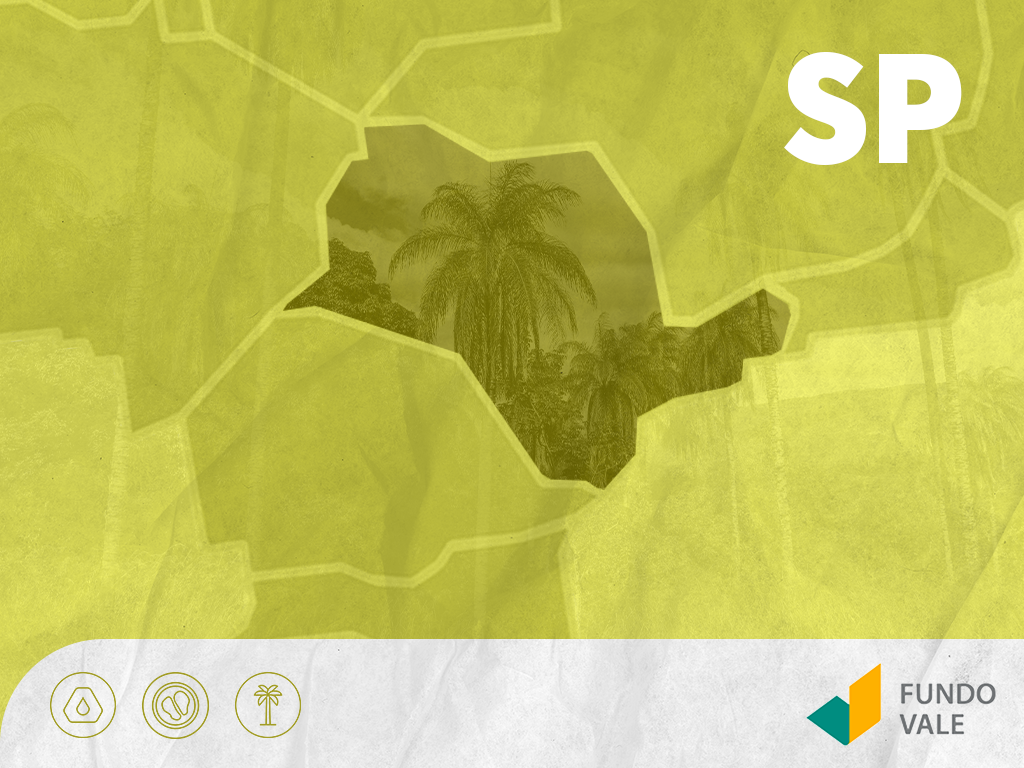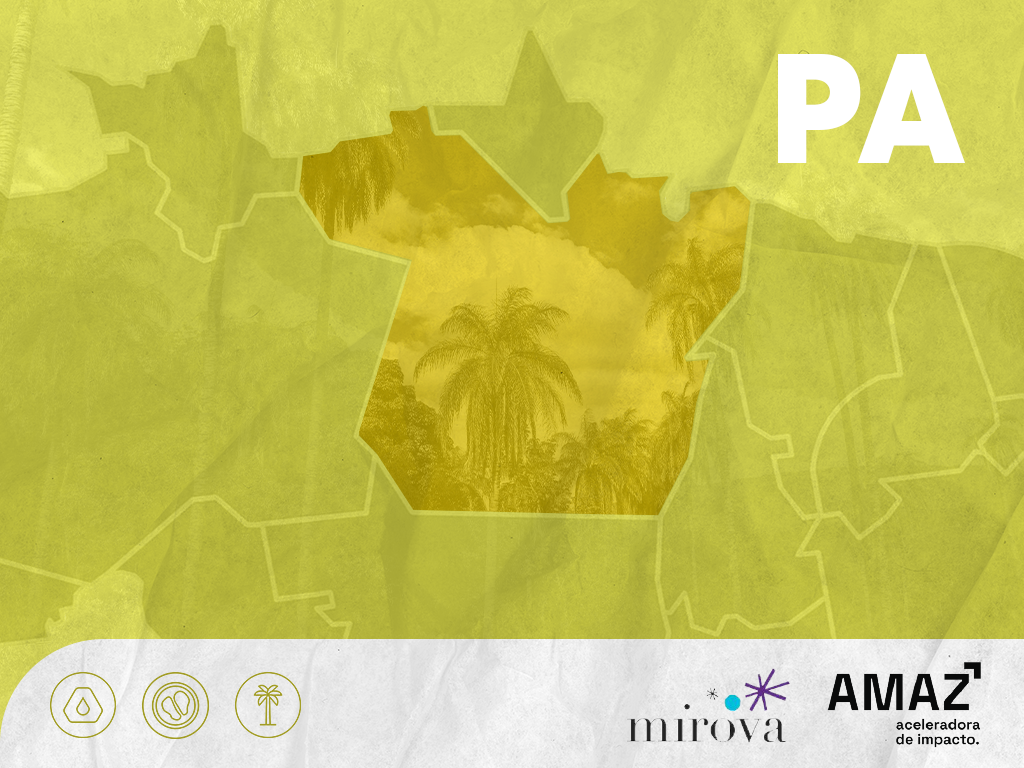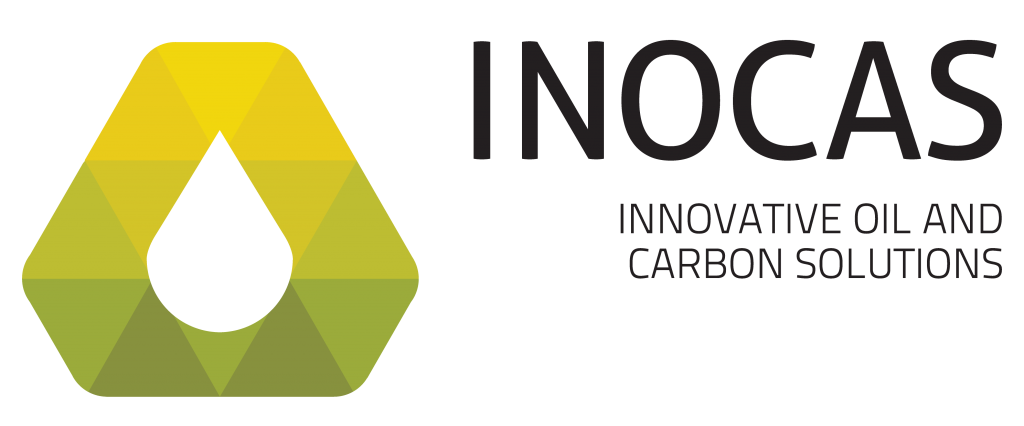PLANTING
MACAUBA: RESISTANT, PRODUCTIVE AND FROM BRAZIL
We developed the macaúba production chain with the aim of making it one of the main sources of sustainable vegetable oils globally, without reducing food production and without cutting down a single tree. Discover the regions where we already operate:

Alto Paranaíba (MG):
The region was chosen for the installation of the pilot project due to the proximity of native sources of macaúba, crucial for the production of seedlings, the landholding profile, with a large number of small milk producers, the project’s target audience, and the good infrastructure offered in as a result of the milk chain, a consolidated business in the region that generates a great demand for animal feed, an excellent opportunity for the disposal of part of the co-products from the processing of macaúba coconut. Planting began in 2018 and was completed in 2022 with a total planted area of 2,139 hectares.

Vale do Paraíba (SP):
It was the first region of expansion of macaúba plantations by INOCAS, with great potential due to the predominance of low-yield extensive livestock farming as the main economic activity and the land ownership profile of the region, with a large number of small producers, target audience for partnerships agricultural. In addition to investor interest, the government of the state of São Paulo has shown great interest in supporting producers in the region through public policies to encourage the recovery of degraded areas with macaúba, through payment for environmental services (PES).

Nordeste Paraense (PA):
It is the newest region of expansion of INOCAS plantations. Operations will begin in 2022 and 5,000 hectares will be planted in 4 years through a mix of production models. The location was chosen due to the investors’ interest in undertakings in the Legal Amazon, the considerable presence of livestock activity without the trace of deforestation of the forest, because it is a region that has been anthropized for centuries, being one of the oldest areas of human occupation in the Amazon and proximity to a strategic offtaker for the purchase of all oil production.
MAP
The map below shows the rural properties of partners where macaúba plantations were carried out.